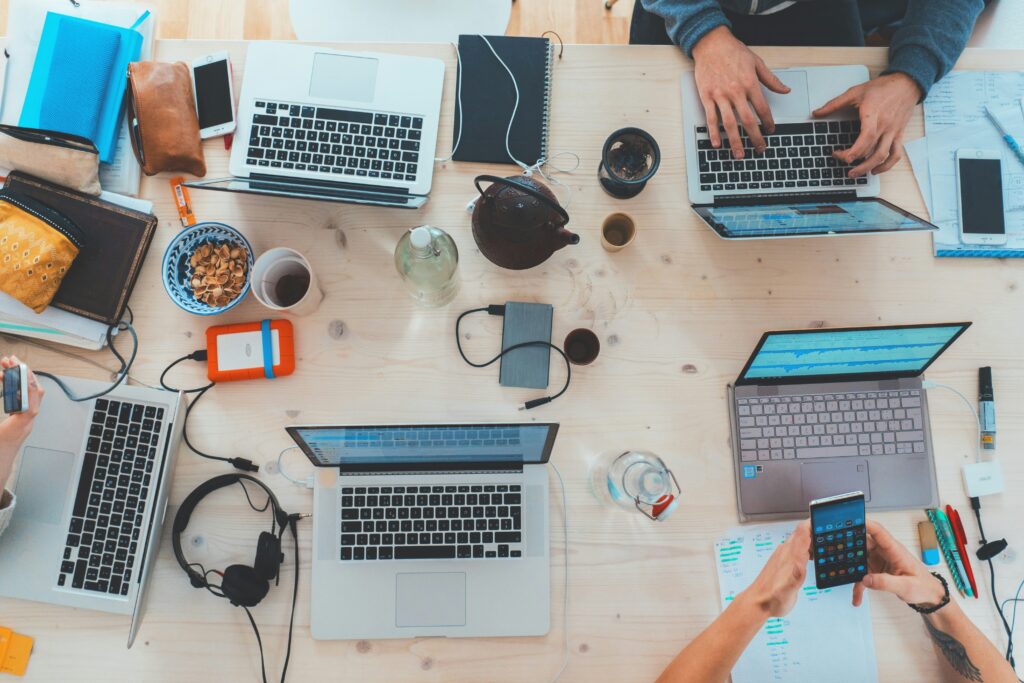Can we REALLY learn from Social Media?
Written by: Fleur O’Connor

I was born in 2003, a time when social media had not yet consumed our lives. Summer nights were spent playing outside with my neighbours, and my siblings and I loved playing card games. More of our time went into spending time with people and making memories rather than staring at our screens. I didn’t get my first phone until grade 8, and even then it came with strict rules. I had to ask my parents for permission before downloading apps, facetiming friends, or posting on social media. Fast forward to today, I’m 22 years old, and I’ve watched the younger generation grow up with iPads at the dinner table, an obsession with TikTok, and a heightened awareness of themselves, and how they act. With the constant influx of information online, it’s become easy to believe everything you see without questioning its credibility. As someone who didn’t grow up under such a heavy influence of social media, I feel as though my generation is more aware of the difference between fake news and factual information. A few things I have found to be helpful in learning how to detect misinformation is in the following video.
“Fake News: Can It Be Stopped?” by World Economic Forum licensed under CC BY 4.0
Beyond learning about misinformation, social media has impacted the way I view the world, myself, and the way we connect with and understand one another. A few years ago, I stumbled across Victoria Garrick’s Instagram page. She hosts a podcast called Real Pod, founded the non-profit organization The Hidden Opponent, and consistently shares content with the intention of showing authenticity without filters. One video in particular really stood out to me and caught my attention – you can watch it below.
Video: Original by: @victoriagarrickbrowne, available via the link above.
Watching this video reminded me how, from a young age, women are taught that the ‘ideal’ body is to be tall and thin. I can remember the exact moment that awareness set in for me, and it brought up a lot of internal and mental struggles. Finding Victoria’s page, this video in particular, felt like a breath of fresh air. For the first time, I not only felt seen and heard, but I was learning something important. Her video does a really good job at showing just how misleading photoshop can be and how easy it is to pose in specific ways that create a false image online. I learned that all bodies are different, we are all unique in our own ways, and there truly is no such thing as “the perfect body.”
I quickly realized how much I enjoyed Victoria’s content and soon came across another one of her videos, which introduced me to the concept of intuitive eating something I had never heard of before. The idea that listening to our bodies and honoring what food our bodies need is so important. Whether it is craving a hearty salad, or a burger, neither should be labelled as ‘better’ than the other, both are foods that fuel us in different ways. Here are just a few things to keep in mind when you are eating intuitively.

This has been one of the many ways social media has taught me something new. Although social media has its flaws, it is also something that I am grateful to be able to learn from. The accessibility of social media opens up many doors with endless information and perspectives. At the same time, it is important to recognize that constant accessibility can be overwhelming and in some cases, it can lead us to believe information that isn’t truthful or reliable.